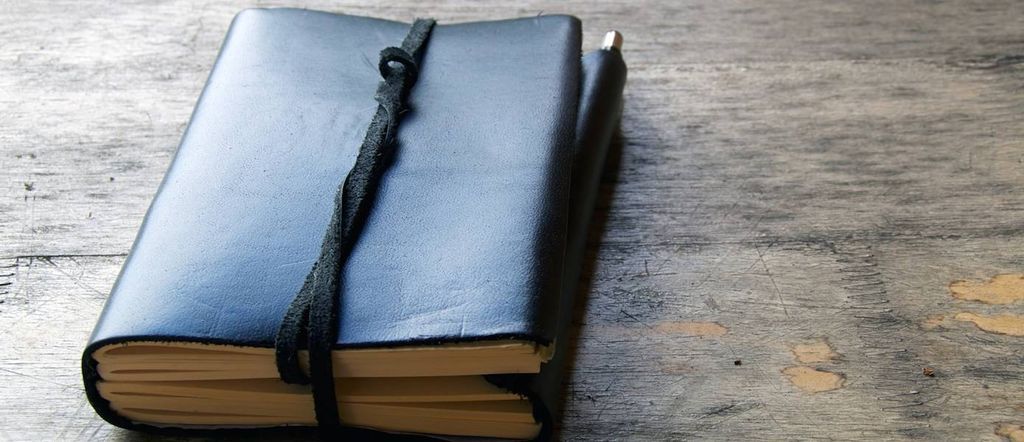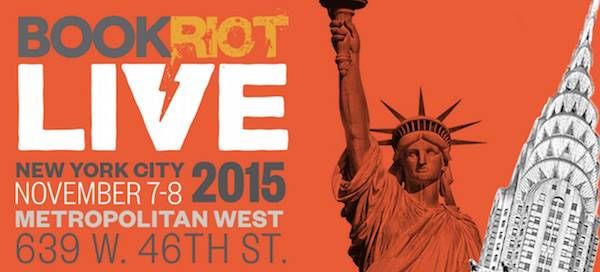
Reading Authors’ Posthumously Published Diaries Makes Me Feel Guilty
This is a guest post from Jamie Canaves, creator of Dinky Cow, writer, and lover of everything ’80s–except Freddy Krueger. Her happily-ever-after is living inside a seaside bookstore equally stocked with chocolate—please slide pizza under door. Follow her on Twitter @Oh_Dinky.
____________________
Oh guilt, how I wish I could unfriend you.
In general I have a healthy relationship with reading that basically boils down to I love to, I want to, so I do. But this isn’t about my love affair with books—although I could happily whisper sweet nothings to my books all night—this is about the guilt I feel reading diaries published posthumously, and the love/hate relationship I have with them which no shrink can help me with.
I first experienced the awful guilt in middle school when I read Anne Frank’s The Diary of a Young Girl. Yes, I was taught that Anne’s intention was to have her diary published one day and that her father, Otto (the only family member to survive), made the decision to publish her diary knowing it’s what she wanted. But I still read weighted with the guilt of reading her personal thoughts. I was a child, reading another child’s unimaginably horrific experience, aware that she had written this in her diary. Her diary. At that age the only experience I had with diaries was with my own, which was filled with my most embarrassing, self-loathing, confused and emotionally charged thoughts vomited onto paper. The thought of it ever being read—even by me—lead me to chuck it and never keep a diary again. I learned to journal without specifically stating anything I wouldn’t want one day read and misinterpreted, and to feel guilty reading someone’s published diary.
If that was my guilt level with a diary that was intended to be read imagine my guilt when someone’s diary/journal/private letters are published without them ever having consented. Just writing that sentence made my heart hurt.
But the problem is I’m also a deeply curious person, obsessed with people and behavior and learning. I’m like my own worst nightmare.
Currently my nightmare is Sylvia Plath. Well, obviously not her but rather The Unabridged Journals of Sylvia Plath. It started after I finally read The Bell Jar—one of those books I somehow managed to never read but have no idea how—which quietly crawled under my skin and made itself at home, stating it was now going to be a part of me forever. I couldn’t shake Esther and kept wondering how this book might have changed me had I read it as a teenager. How a novel written 50+ years ago is still so relevant, highlighting how little we still understand mental illness.
Then I did something I never do and started thinking how the author must have used the character as her voice to bare her soul.
While I believe authors can explore ideas/themes/characters nothing like themselves (I don’t believe Gillian Flynn to be a sociopath—I hope) knowing Sylvia Plath’s battle with depression and the amount of similarity between her and Esther’s life was hard to separate. Even more so once I learned she’d originally published the book under the pseudo name Victoria Lucas (no relation to George) and her mother had objected after Sylvia’s death to have it published under her birth name.
All that thinking awakened the I-need-to-know-more monster in my brain. And of course I remembered that the last pages of the book listed Plath’s other works, including her journals. I automatically wanted to read them, which triggered the guilt. Which made the I-need-to-know monster clamor louder, so the guilt got heavier and now it’s been a month and I’ve only gotten so far as adding The Unabridged Journals of Sylvia Plath to my TBR list.
I don’t know if this ends with me always wanting to know more, like an itch left unscratched, or finally reading them with a heavy heart and anchor of guilt.
WWSPD?
____________________
Book Riot Live is coming! Join us for a two-day event full of books, authors, and an all around good time. It’s the convention for book lovers that we’ve always wanted to attend. So we are doing it ourselves.















